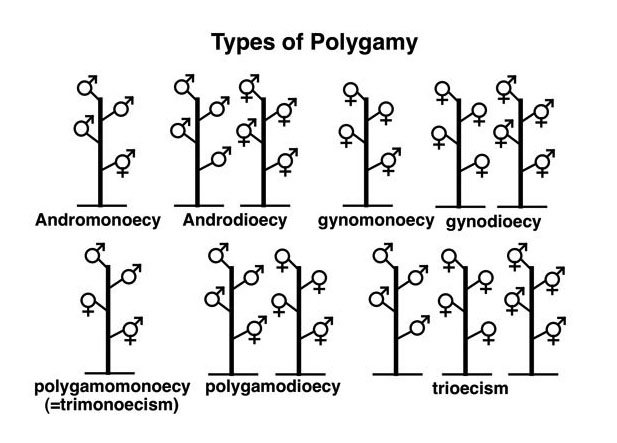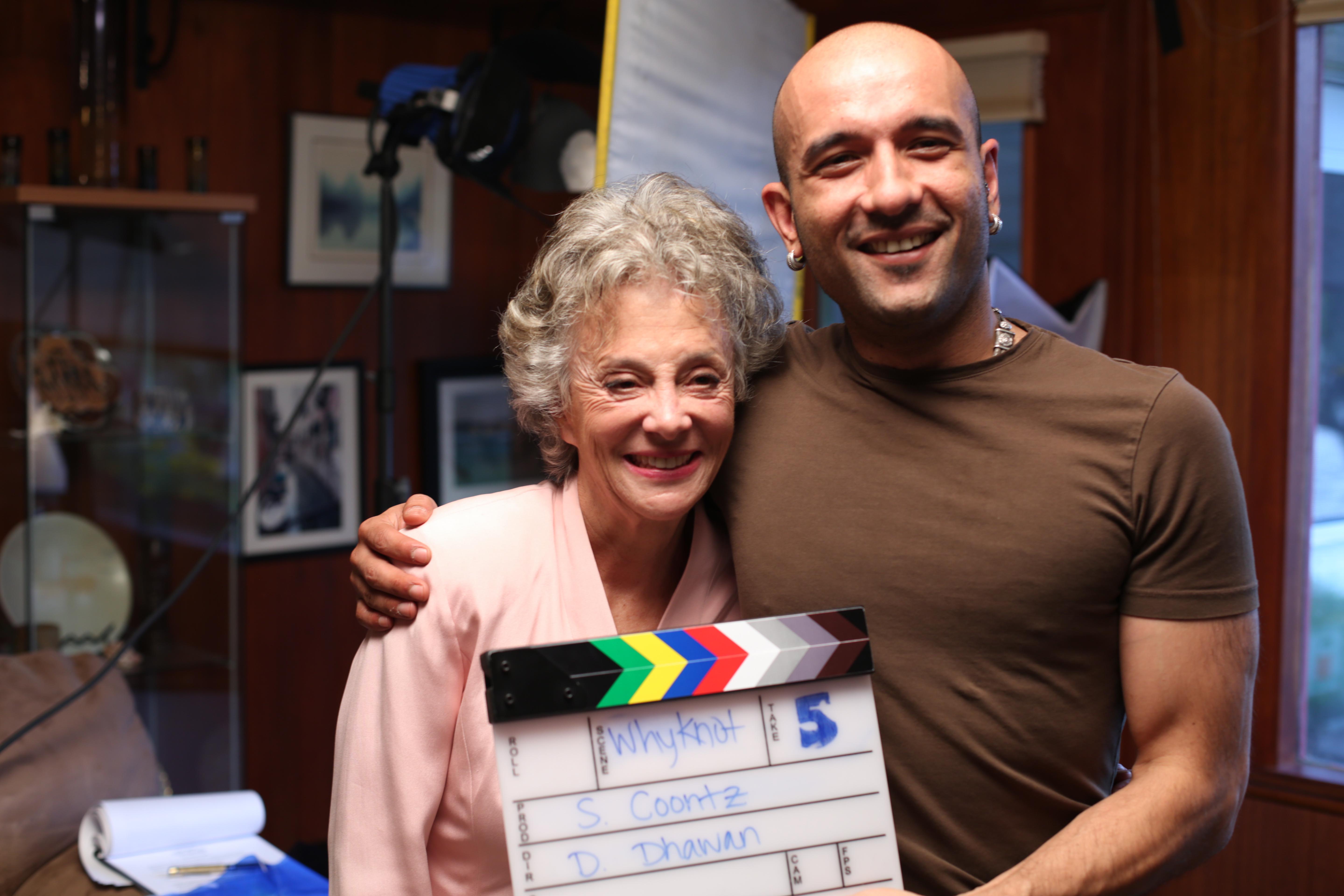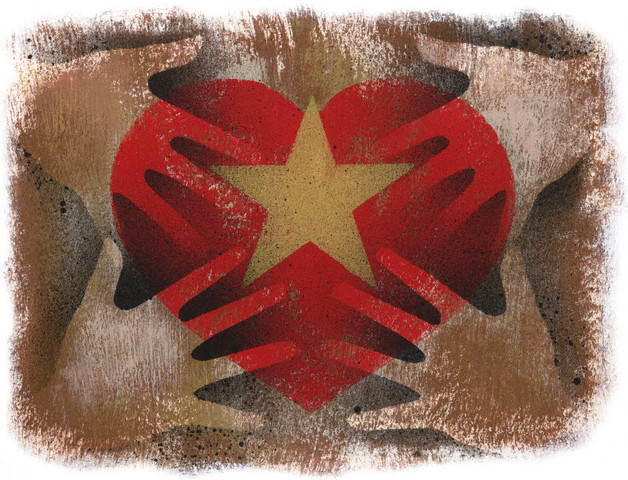Everyone is doing poly wrong and needs to die in a fire
Why we all need to do a self-check for tolerance and acceptance
So searching around on the net I found this Great blog by Cunning Minx over at poly weekly the original blog is here
There is a phenomenon I’ve noticed in many of the poly communities I’ve visited, and it’s time I brought it into the light so we can all take a good, hard look at how we’re treating each other.

Let’s start from the basic premise: those of us participating in online forums, posting opinions on blogs or Facebook and attending conferences with poly tracks are all either practicing or interested in practicing polyamory. Or non-monogamy. Or swinging. Or open marriage. Some of us are into BDSM; some of us are into science fiction; some of us are pagan. Some of us have unusual fetishes. Some of us are disabled. Some of us are white; some are African-American; some are mixed race. Some of us are wildly creative and spend our lives making beautiful art, music or film and living in humble abodes. Some of us have well-paying, 9-to-5 jobs and enjoy a traditional-looking, middle- or upper-class lifestyle.
We all have opinions, some of them quite strong. And those opinions are not all the same.
But every one of us has something in common: an interest in polyamory. And because of that, we’re weird. We are not 100% mainstream. Even those of us who have traditional jobs, traditional homes and traditional hairstyles are alternative by virtue of the fact that we are interested in, are enjoying or are openly practicing some type of ethical non-monogamy.
So why are so many of us so vehement in our desire to demean, judge and exclude others?
You’re not really poly
It’s alarmingly common during any given poly discussion group or meeting for someone to come out with a definition of polyamory that condemns, criticizes or excludes some other type of practicing polyamorist. We hear, “you’re not really poly if you don’t all live together” or “you’re not really poly if you practice don’t ask/don’t tell” or “you’re not really poly if your husband isn’t also dating as many people as you are.”
To be fair, I understand why we do this. Since polyamory is an alternative relationship structure, most of us have worked very hard at defining what polyamory is for us. We try poly once and make a mess of it. We try again, and it works better, so we decide that what we did the first time was wrong. We try again, and it works better for us, so we decide that we need to advise everyone coming after us that the way we are doing it now is the right way to do polyamory, and every other way is wrong.
But please, I beg of you, let’s stop judging others so harshly, even after we’ve discovered a brand of polyamory that works for us. Before critiquing others based on your personal definitions of what poly is or isn’t, first perform a quick self-check: would you like it if someone told you you weren’t really poly? Would you want someone telling you that your marriage wasn’t real?
Everyone gets to choose her own label
 Having the right to self-identify is empowering to the individual. It is neither appropriate nor helpful to try to take that right away from others. We let people choose their own labels for their gender identity and for their kink identity. We don’t argue if a man who has never had sex with another man chooses to identify himself as bisexual. We don’t argue if a person who appears female asks us to use the gendered pronoun “he” for address. We offer people the freedom of gender and relationship identity; let’s please extend that same courtesy to relationship orientation as well.
Having the right to self-identify is empowering to the individual. It is neither appropriate nor helpful to try to take that right away from others. We let people choose their own labels for their gender identity and for their kink identity. We don’t argue if a man who has never had sex with another man chooses to identify himself as bisexual. We don’t argue if a person who appears female asks us to use the gendered pronoun “he” for address. We offer people the freedom of gender and relationship identity; let’s please extend that same courtesy to relationship orientation as well.
As individuals, it is our job to find the right relationship structure that works for us. I often say that there are as many types of polyamory (and monogamy) as there are people involved in those relationships. Everyone practices monogamy a bit differently; no two relationships look exactly the same when you delve under the surface.
The same is true for polyamory, for non-monogamy, swinging and open relationships. While there are some commonalities to those definitions, every person or group defines his own polyamory in a slightly different way. We each find a brand of non-monogamy that works for us, and we customize it to our specific situation.
So let’s please stop spending our time looking at other people’s relationships and telling them that they aren’t “really” polyamorous. Let’s give people the courtesy of self-exploration and let’s empower each individual to self-label however she sees fit.
In the BDSM world, there is a philosophy that folks are encouraged to embrace. Since BDSM involves exposure to a plethora of fetishes and kinks that we may only not share but may actively dislike, folks are encouraged to be accepting. Even when exposed to a kink that incites disgust, we are encouraged to embrace the notion of “your kink isn’t my kink, but your kink is OK.” Let’s please do that with polyamory as well. Let’s stop spending our time judging others and telling them they are doing poly wrong and simply agree to say:
Your polyamory is not my polyamory, but your polyamory is OK.
Two powerful tools
When someone is kind enough to share with you his poly situation, it is our job to listen, to ask questions and to offer support if asked for it. Labels are the beginning of a discussion and an invitation to ask more questions, not the be-all and end-all. So when someone says, “I’m polyamorous,” my favorite tool to whip out is:
Tool #1: “Cool! So what does that mean to you?”
I believe it’s not anyone’s job (including mine!) to judge and tell someone she is doing poly wrong. Criticism like that only serves to puff up the speaker with a sense of power and to disempower the person sharing his story. If you truly believe that someone you’re speaking with is doing something horribly wrong, a good way to offer an option without judging is, “My experience has been… ” and share your story. See? No judgment necessary.
Tool #2: “My experience has been… “
One caveat, since I know someone will ask: yes, I do have a personal belief about a “wrong” way to do polyamory based on the dictionary definition involving the “full knowledge and consent of all parties involved.” So if, for example, a person self-identifies as poly and has an additional partner that his wife is unaware of, I personally am more inclined to label that “cheating” rather than polyamory due to the fact that his wife doesn’t have knowledge and therefore can’t consent. However, my response is not “you’re not really poly” but rather, “In my experience, poly tends to work best when everyone involved is honest, open and consenting. Have you tried talking with your wife about that?” to open up a conversation rather than impose a judgment.
Share stories, not judgments
I’m a big believer that sharing stories makes us all stronger. Sharing experiences of love, hope and failure in both the poly and monogamous world help all of us to understand what we are going through better and to feel, if nothing else, that we are not alone in our struggles to understand ourselves and the lifestyles we have chosen. So I believe in the power of sharing stories and asking questions rather than offering judgments.
I’ve read a few assertions from intelligent poly folk of late that claim that anyone who defines poly or poly family as [fill in the blank] is wrong and needs to “die in a fire” because that doesn’t match the writer’s or speaker’s own experience.
I don’t know about you, but I dislike it when someone who isn’t in my shoes and who hasn’t lived my life tries to tell me what my poly experience should be. It brings to mind right-wing extremists who claim that they have the right to define what marriage is for everyone else. Or what “family” or “family values” are for everyone else.
If we don’t want others to define marriage or family for us, let’s not do that to each other. The person who gets to define your brand of polyamory is YOU. No one else. And the ONLY person for whom you get to define polyamory is you. Share your definition with your loves, your partners and anyone who asks for it, but please don’t impose it on others or judge others who have chosen to do poly a different way from you. Offer to listen; offer support; offer discussion,;offer your own anecdotes. But please do not offer judgments or critiques. We have the aforementioned right-wing extremists for that.
If you don’t like it when others judge your lifestyle, maybe you should stop judging theirs.
What is right for you?
If you are lucky enough to have found a brand of non-monogamy, polyamory, swinging or open relationships that works for you, GREAT! Many of us take months or years to figure out what we need in order to be happy and healthy in our relationships. And please do share that with others when asked: many of us are looking for models, ideas and roadmaps that might work for us.
So please, share rather than critique. Listen rather than judge. And communicate your definition as an option rather than imposing it as a rule.
And as a final word, absolutely no person or concept should “die in a fire” or “burn in hell.” Let’s just say “My experience has been… “
This Great blog by Cunning Minx over at poly weekly the original blog is here








